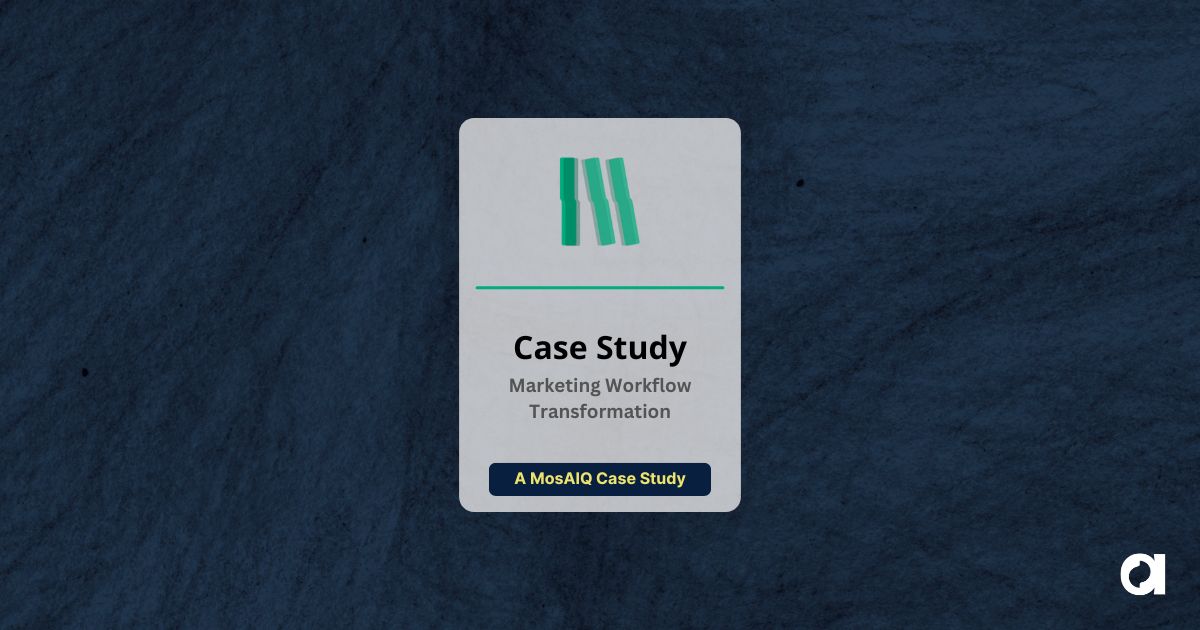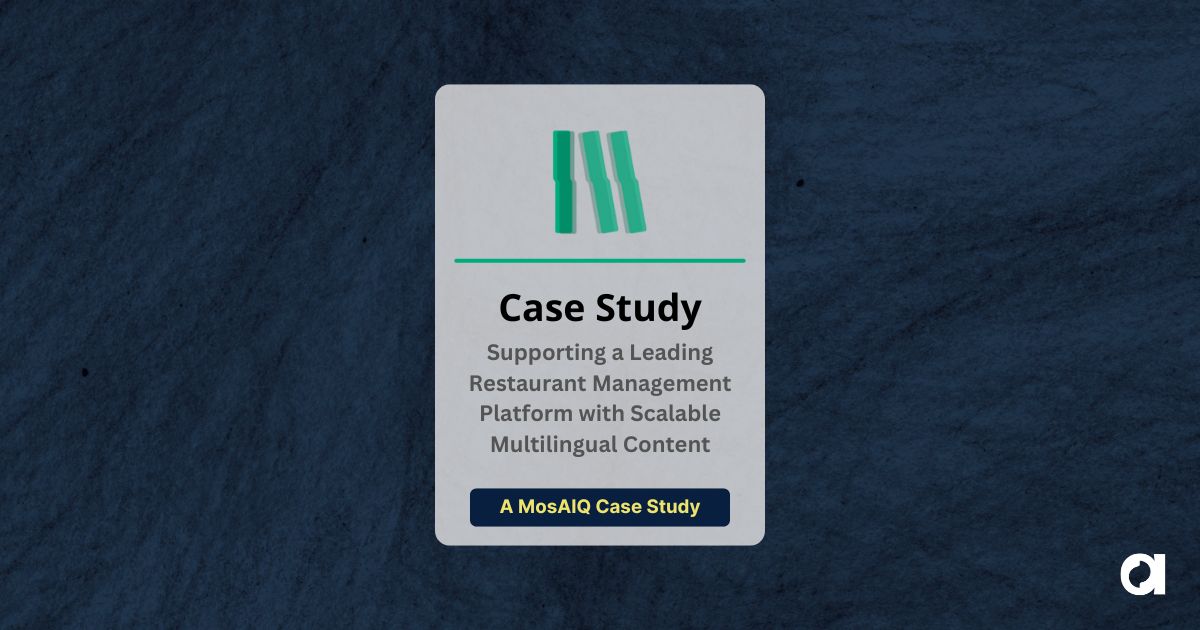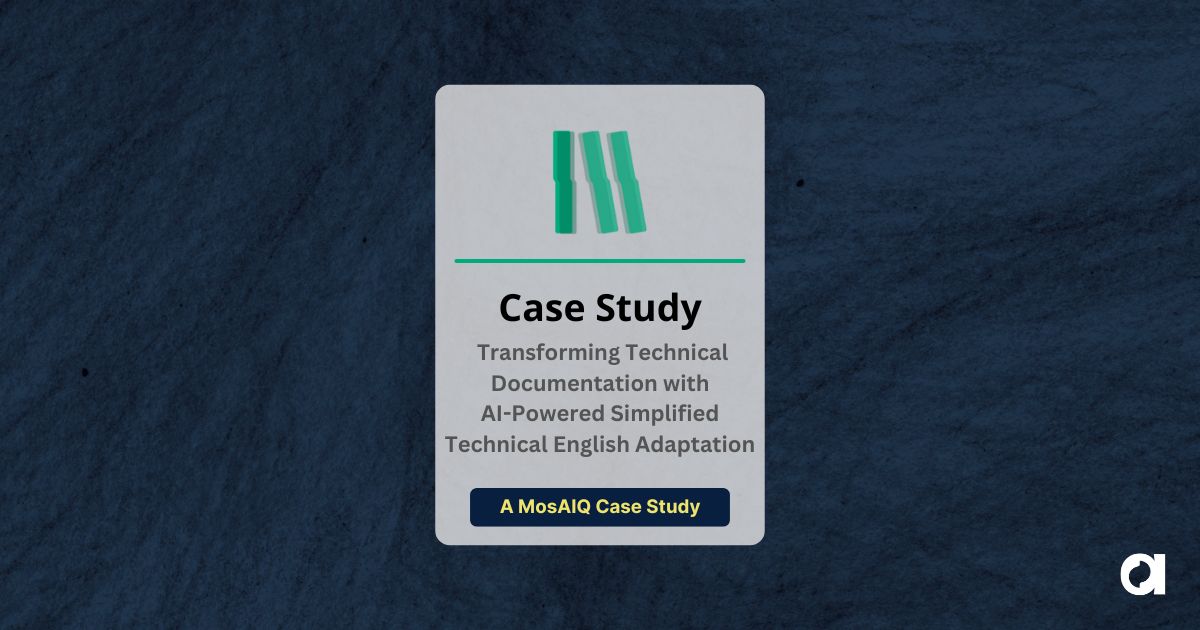For global corporations, the challenge is clear: how do you ensure your products and services maintain the same high standards across different markets? The answer often lies in effective employee training. However, delivering training that achieves consistent outcomes worldwide isn’t as straightforward as you might think. Each region has its own laws, languages, and cultural norms, making a one-size-fits-all approach ineffective.
This is where localized compliance training becomes essential. By adapting training programs to reflect local regulations and cultures, companies can verify that employees across the globe are equipped with the same level of understanding and skill. This approach puts the focus on adherence to regional laws while fostering a consistent standard of service and performance, regardless of where your employees are based.

Laws of the Land: How Custom-Designed Training Supports Compliance
When you’re doing business in any global market, one size doesn’t fit all—especially when it comes to adherence to local laws. Each region where your company operates has its own set of laws and regulations that govern everything from data protection to workplace safety. Training materials that are effective in one country might lead to legal trouble in another.
Non-compliance can result in hefty fines, legal actions, and operational disruptions, not to mention the damage to your company’s reputation. Localizing your training validates that your employees are aware of local laws and fully understand how to conform with them.
Consistent Standards, Customized Delivery
Consistency is an important goal when it comes to training, especially for global organizations that need to maintain unified standards across markets. The message you want people to receive is the most important thing to remain consistent in your training; however, the process of communication may need to change depending on the context of each region in terms of culture and regulation.
Training that is built for your employees’ needs—wherever they happen to be— helps maintain your standards while making the content relevant to local employees. When training is adapted to fit the specific cultural and legal environment, employees are more likely to connect with it and apply what they’ve learned in their daily work.
Top Tips for Effective Localized Training
Here’s how you can design your training programs to meet the needs of different regions while maintaining consistency across the board.
Choosing the Right Language Partner
When choosing a localization partner, it’s critical to find one who understands the specific regulatory landscape of your industry and regions. They should have experience adapting training materials to meet local legal standards, such as data protection regulations or industry-specific requirements, without losing the core message of your global training. Additionally, they should provide you with clear metrics to measure the effectiveness of your training, such as engagement rates and outcomes.
A good language services provider works closely with your team, providing practical insights to help you navigate regional challenges and make necessary adjustments—like refining legal terminology, or ensuring that the training examples are relevant to local employees.
Using eLearning Platforms for Global Reach
eLearning platforms are essential for delivering training content efficiently across different regions. These platforms allow you to update and expand your training programs as needed, ensuring all employees have access to the most current information.
The ability to scale your training through eLearning platforms is particularly important as your company grows. For more detailed guidance on setting up scalable eLearning programs, check out our eBook Launching Global eLearning: First Steps for Localizing Training Content. This resource offers practical steps to help you customize your eLearning initiatives for a global audience.
Keeping Training Materials Up to Date
As part of the process, it’s important to regularly review and update your materials to make sure they’re still relevant. As regulations, cultural norms, and company policies change, your training content should be adjusted accordingly. Establishing a process for continuous monitoring and updates will help keep your materials current and compliant.
Regular updates also show your commitment to providing accurate and up-to-date information, which helps boost employee confidence because they’re working with the latest resources.
Avoiding Costly Missteps
A common issue in localized training is failing to balance consistency with the need for regional adaptation. Overly centralized control can limit the ability to tailor content to local nuances, leading to disengagement and compliance risks. Another challenge is the lack of planning for scalability—rapid growth demands training that can be efficiently implemented across diverse regions. Also, keep your training up to date—outdated content quickly loses relevance and effectiveness.
Starting with an adaptable and scalable approach ensures your training remains effective as your company evolves.

Gauging Impact: Metrics That Matter
Now that you’ve invested the time and resources in adapting your training, look for targeted metrics that go beyond simple completion rates to measure its effectiveness. Focus on these key indicators:
- Regulatory compliance rates: Track the incidence of compliance breaches before and after training. A reduction in violations, fines, or legal issues across regions demonstrates the effectiveness of your localized programs.
- Knowledge retention and application: Evaluate how well employees retain and apply what they’ve learned through post-training assessments and on-the-job performance reviews. Improved decision-making and reduced errors indicate successful training.
- Cultural and regional relevance: Collect feedback from employees to ensure the training aligns with local norms and is culturally resonant. High relevance boosts engagement and the practical application of the training.
How Argos Approaches Training Solutions
When we adapt training content at Argos Multilingual, our goal is to make sure the material works well in every region it’s used. This starts with identifying specific elements of the training that need adjustment—whether it’s legal terminology, cultural references, or even the way information is presented visually. We then adapt these elements to ensure they resonate with local employees and comply with all relevant legal requirements.
In a recent project, we worked with a global pharmaceutical company to localize their eLearning programs for regions with different languages and strict healthcare regulations. We collaborated with their compliance and legal teams to adjust content, such as aligning data handling practices with GDPR in Europe and HIPAA in the United States, and adapting medical case studies to reflect regional practices. These adjustments led to higher training completion rates and improved regulatory conformance across their global operations.
This approach is all about precision and relevance—we’re making sure that the training you deliver is meaningful, effective, and aligned with both global objectives and local realities.
The Strategic Advantages of Localized Training
Training that has been customized for specific regions does much more than guarantee compliance—it enhances the effectiveness of your global workforce. Programs specially designed to meet the demands of different regions create training that is relevant and engaging to your employees. As businesses grow larger, however, maintaining a standard in such diverse markets becomes even more important.
Argos Multilingual can help you meet these challenges, providing the expertise needed to deliver global training solutions that work. If your company is ready to optimize its training programs, check out our e-learning resources and customized solutions to see how we can help you.
 Argos Multilingual
3 min. read
Argos Multilingual
3 min. read
San Francisco (CA), October 17, 2024 Argos Multilingual today announced the launch of Argos SmartSuite, an integrated set of advanced tools designed to enhance data ingestion, workflow, productivity, and quality. The platform leverages a deeply customizable stack of tools that help clients get the data they need for pre-training, Supervised Fine-Tuning (SFT) and Reinforcement Learning […]

 Argos Multilingual
3 min. read
Argos Multilingual
3 min. read
Argos Multilingual, a global leader in language solutions, proudly announces that it has successfully maintained its Silver-level sustainability rating from EcoVadis for 2024. Despite more stringent evaluation criteria this year, Argos not only retained its Silver Medal but also improved its score by three points, placing it in the top 15% of companies assessed by […]











